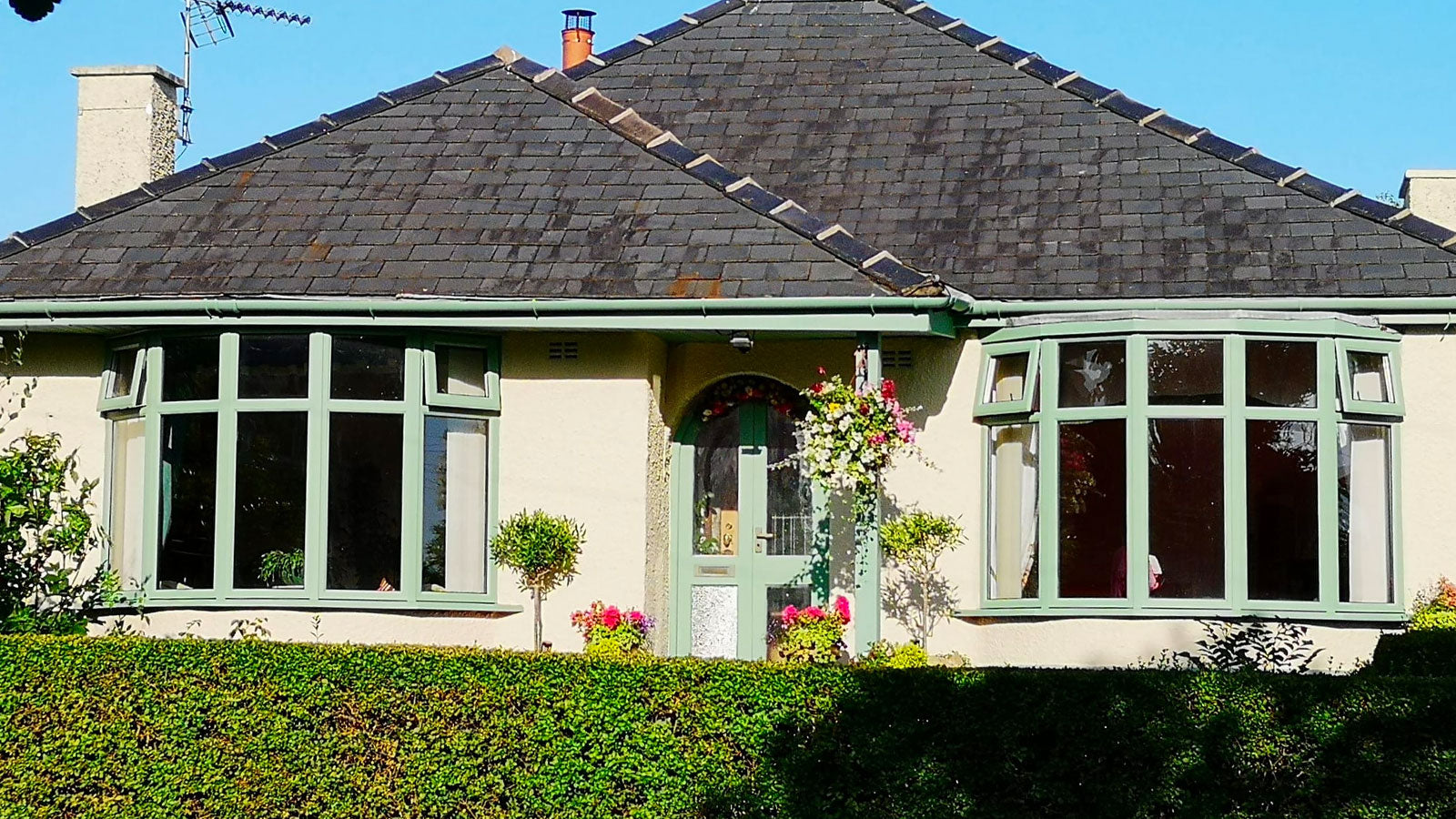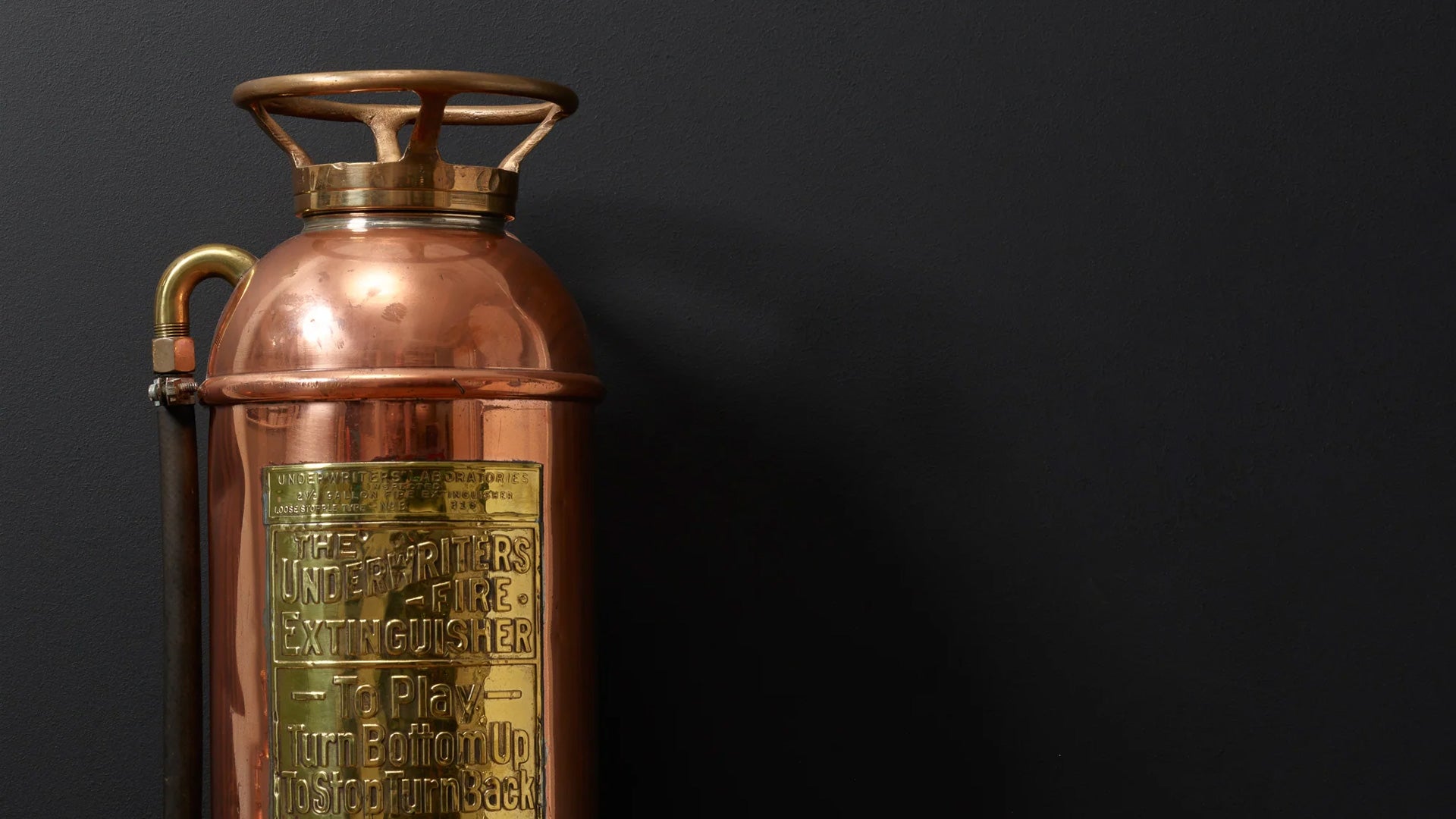Key FAQ Points:
- Check your radiator’s finish to know whether it can be painted.
- Use a paint that is self-priming, self-sealing, suitable for metal and able to tolerate heat.
- Make sure radiators are stone cold before painting and for at least 48 hours after the last coat.
---
Check your radiator’s finish
Most modern radiators have a powder-coated finish, meaning they are paintable. If you have reconditioned vintage radiators, check the existing finish with the supplier. On the other hand, chrome radiators and towel rails are not generally suitable for painting due to the combination of high heat, damp towels and the nature of the surface.
What kind of paint should I use?
Use a paint that is self-priming, self-sealing, suitable for the surface and able to tolerate heat.
If your radiators have a powder-coated finish or have been previously painted, try one of these Frenchic ranges:
- Chalk Wall Paint– For an ultra-matte finish.
- Trim Paint– Soft-satin finish in colours matching the Chalk Wall Paint range.
- Al Fresco– For an almost flat finish.
- Frenshimmers or Frensheens (mixed with Finishing Coat) for a metallic finish.
How to paint radiators
First, completely switch off the radiator several hours before you intend to start, so the surface becomes stone cold prior to painting. The radiators must also stay completely cold for at least 48 hours after your final coat of paint. Keep the area well ventilated for a few days if there’s moisture in the room’s air, such as in a bathroom.
Before painting, clean your radiators with sugar soap and treat any areas of rust. Sand lightly to provide a key and remove any existing flaking paint. Finally, wipe down to remove any dust and paint straight on as described on the tin. Follow the direction of fins or panels, which usually run vertically. Feather in along the top and brush along the top edge from one side to the other.
Looking for more inspiration about painting your radiator? Take a look at our blog post on how to paint radiators.








